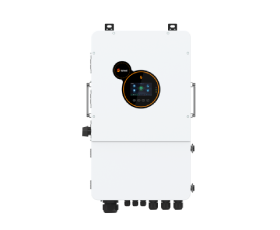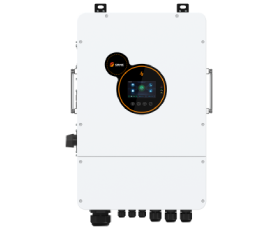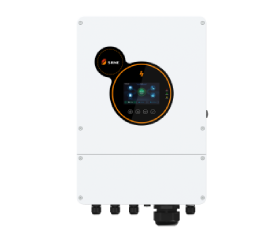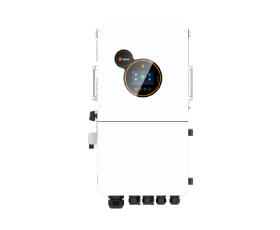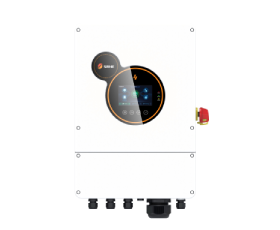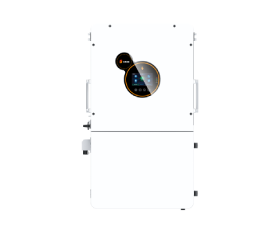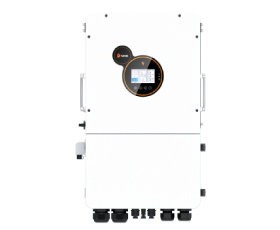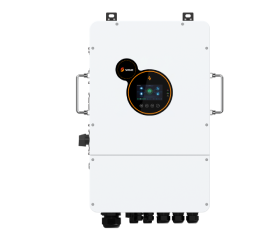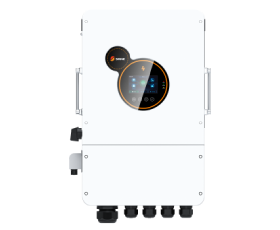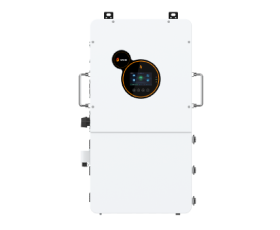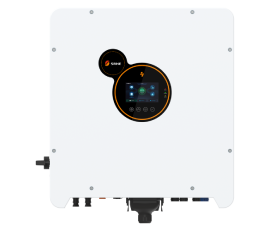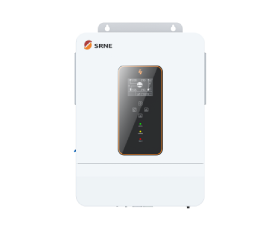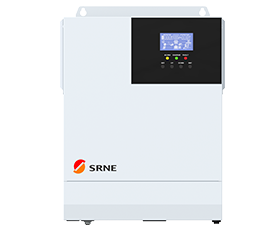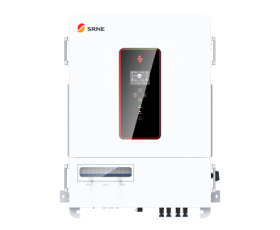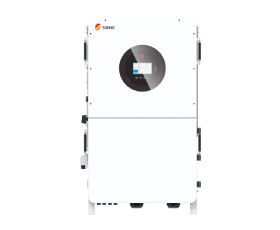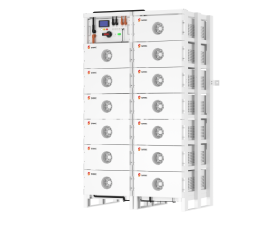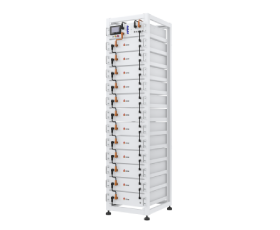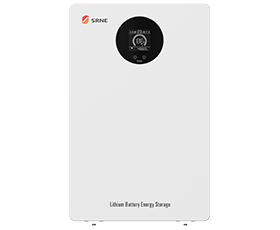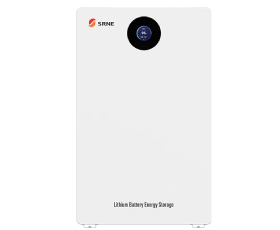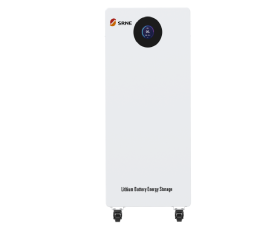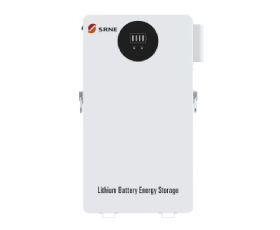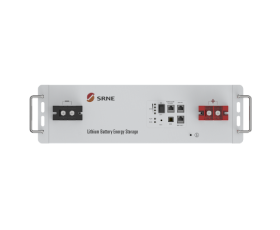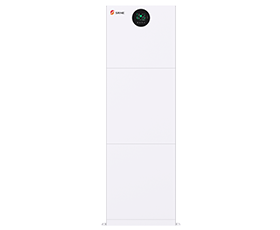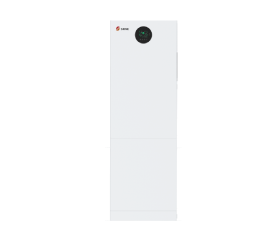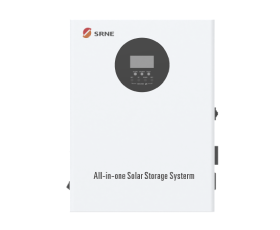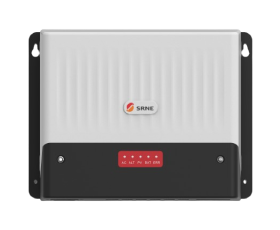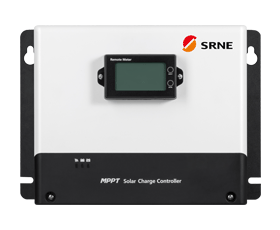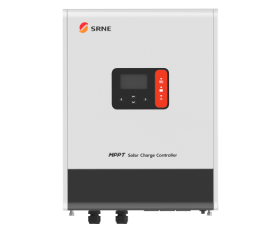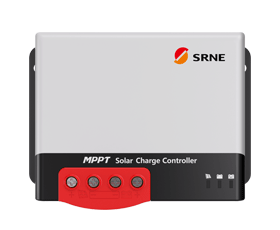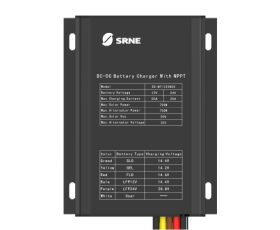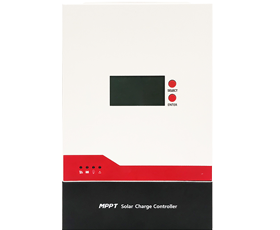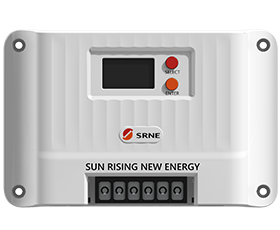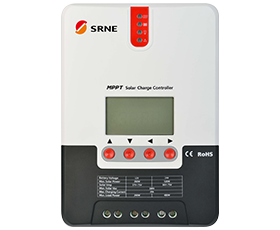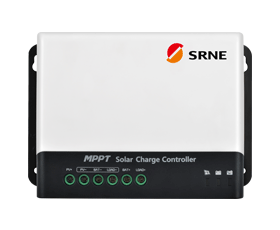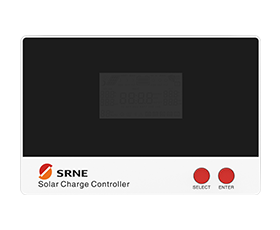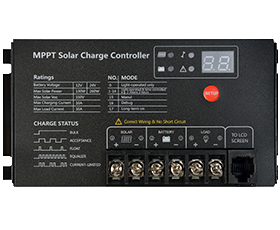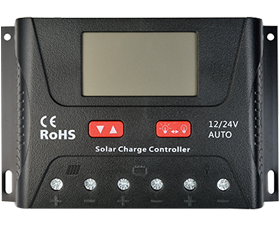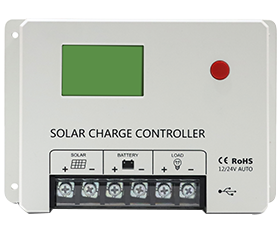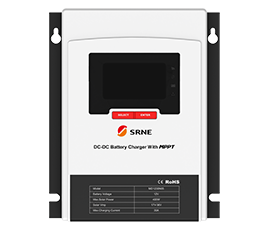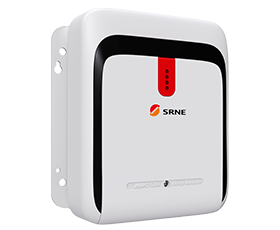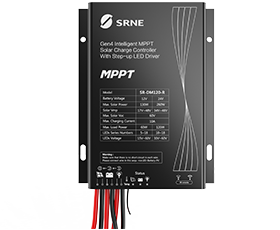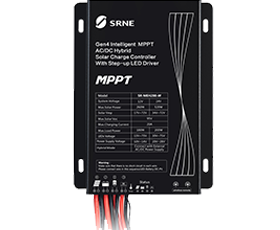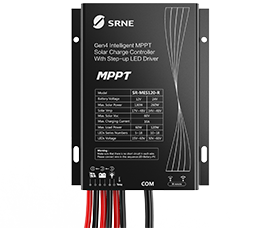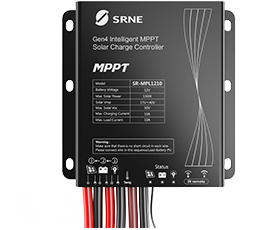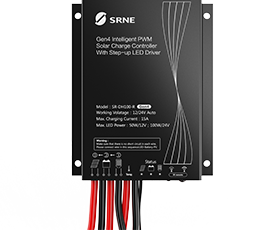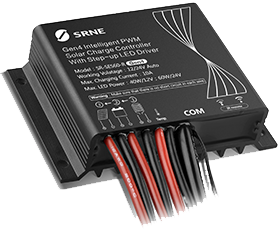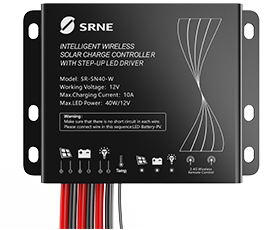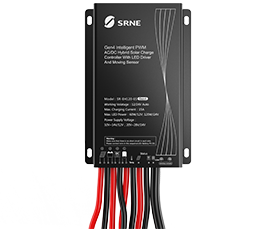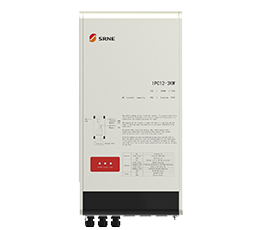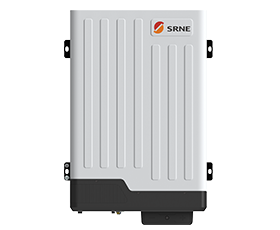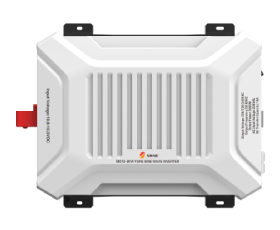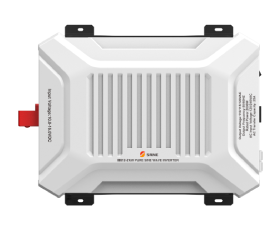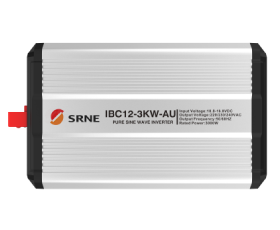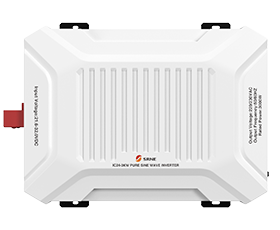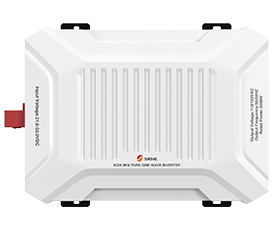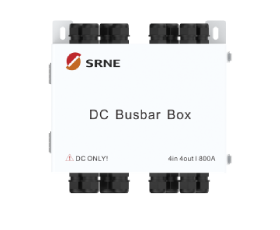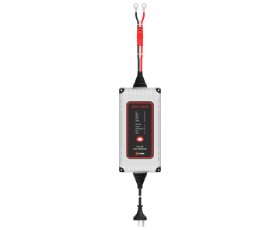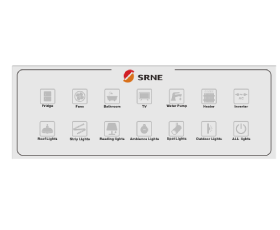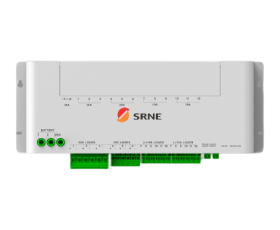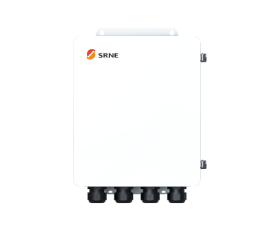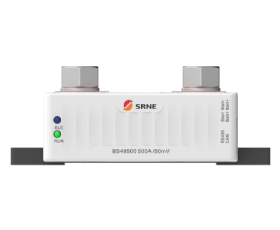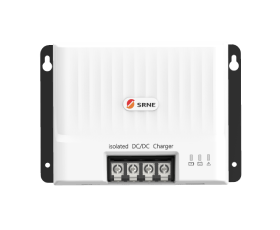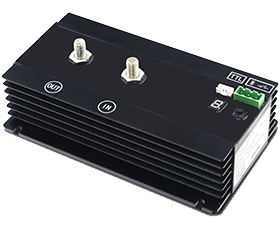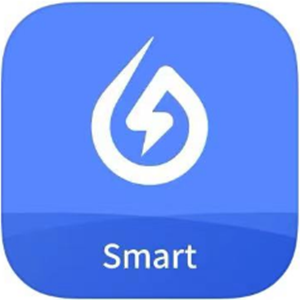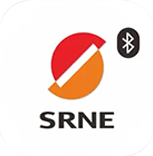Solar Monitoring and Its Benefits
Solar photovoltaic (PV) panels are always stationary. In fact, their ability to generate clean power without moving is one of the primary advantages that solar has over other renewable energy technologies like wind or hydro power.
However, this lack of motion also means that if the performance of your solar power system starts to suffer, there won’t be any indication that something is wrong until you receive your next utility bill—that’s assuming you’re paying more attention to each and every electricity statement. The best way to know that your solar panels are working to their full potential is to monitor your solar system performance regularly.
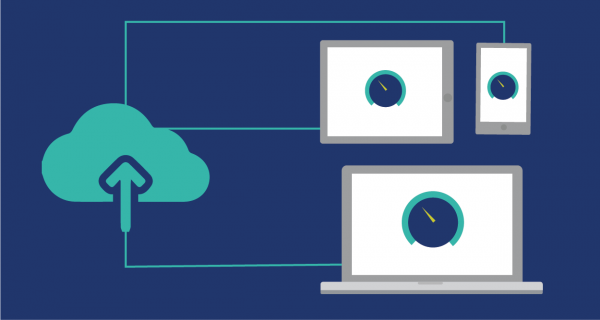
How does solar monitoring work?
Solar monitoring is a powerful technology that allows you to track your solar power system’s performance. It accomplishes this with an on-site meter that measures your solar installation’s clean energy output in real time and relays that information to a database where it can be tracked and monitored.
Solar monitoring operates through your solar power system’s inverter(s). Companies will often offer solar inverters that come with a proprietary monitoring software setup.
As your solar inverter converts DC current into AC current for use in your home, information about power levels and production is collected and sent to cloud-based monitoring systems and their companion apps. Homeowners can access this information several ways, including through mobile apps and paired smart home devices.
The benefits of solar monitoring
Develop a better understanding
There are a lot of solar monitoring services to choose from, but it is important to ensure they deliver tangible benefits.
Solar monitoring provides you with a real-time dashboard, letting you compare predicted savings with your actual power bill to see if your system is living up to its full potential. You can also compare expected energy production with actual output, taking into account the make and model of your solar panels and inverter, kilowatt rating of system and age of your system.
The result is a customized snapshot of how well your solar system is doing its job, along with the ability to examine trends and handy tips on how to optimize your power usage. This can help you better understand your solar power production, so you can manage your home’s energy usage and make the most of solar power.
Emails alerts that keep you informed
Many monitoring systems use email alerts to let you know when your solar system is having problems. This lets you call for maintenance before the problem grows large enough to affect the entire system. By paying attention to these email alerts, you have preventive maintenance performed on your system before it experiences downtime. Having alerts in place helps keep your system running smoothly.
Mobile Accessibility
As mentioned above, many monitoring systems have companion apps that customers can access from their mobile devices. With data and reports available on your preferred mobile device, you can easily check on your system’s performance. Their use of apps mean that monitoring systems are a technologically advanced way of checking on the energy your solar panels and their inverters produce.
Problem-solver
Rather than waiting for you to ask, solar monitoring can automatically notify you if there’s a problem with your solar power system and offer advice on how to fix the issue. A simple message from your solar monitoring system can alert you to underperformance issues that may have otherwise gone undetected for months.
In short, solar monitoring can make you more aware of your solar power system’s performance. It offers information about energy consumption and generation, optimizing energy usage and damage to your solar power system. Without monitoring, it can be difficult to figure out if your solar panels are operating at their best.



















